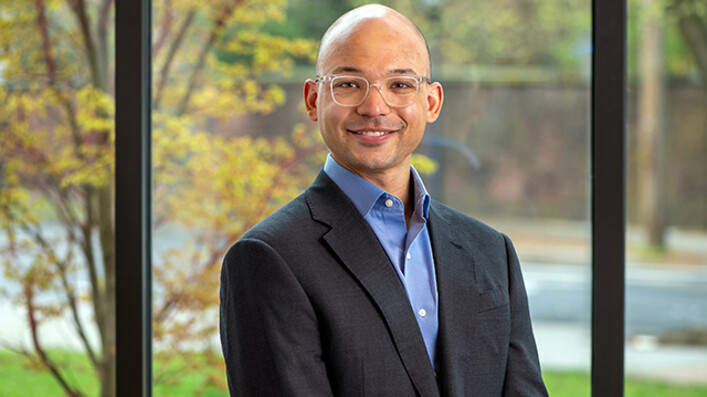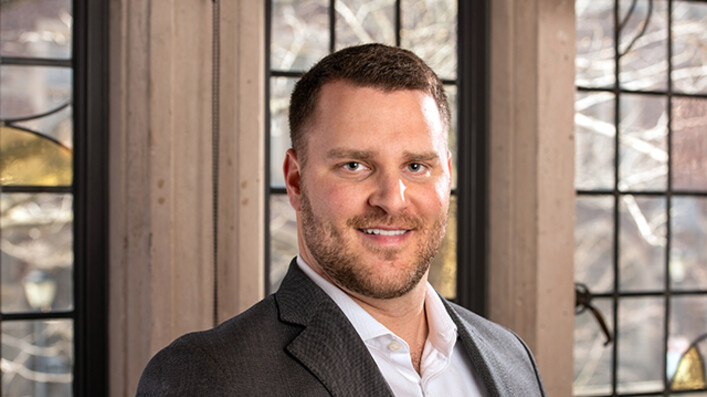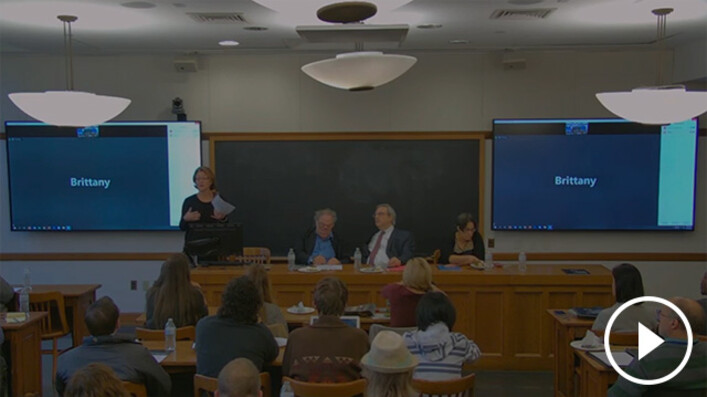Spotlight on the Worker & Immigrant Rights Advocacy Clinic (WIRAC)
At Yale Law School, our students can start taking a clinic in the second semester of their first year of law school. And if they choose to, continue to take a clinic until they graduate. So that opportunity in combination with the rest of their legal education is unique in American legal education.
The worker and immigrant rights advocacy clinic represents immigrants, workers, and their organizations in a wide range of litigation and policy advocacy matters.
I wanted to work in public defense for people who've been accused of crimes who couldn't afford their own attorneys. People who are going to be deported, going to be detained in immigration detention aren't entitled to a lawyer. And so it's really a privilege to be able to step in and offer defense where there wouldn't be any.
After President Trump took office the first week saw a roll out over a wide range of executive orders where the White House announced radical changes in environmental policy, reproductive rights, a host of attacks on civil rights and human rights. My phone rang. And it was two former WIRAC students, Becca Heller and Justin Cox.
Becca called her old professor Mike Wishnie, said Mike, one of my clients is caught up with the travel ban in New York at JFK. His name is Darweesh. And of course, any lawyer knows that that was the lead case. So Mike immediately called his students, who were awake, unlike lawyers at most of the nonprofits in the country. They created a war room.
By some miracle, all of us were able to file two documents by 5:30 in the morning, and then we filed a third the next day. And by 7:00 PM, there was a temporary restraining order against the Muslim ban nationwide.
Our students literally tried to stop planes from taking off, because the injunction had been issued, but the government hadn't yet fully complied with it. And we were getting phone calls from people on planes, saying I'm being sent back to Iran. My plane is about to take off. And our students were the ones getting those planes stopped and turned around.
A first year student in a clinic said, I've just been googling, and I think I see a phone number for the control tower at that airport.
Amazingly, one of our students, first year law student, he called air traffic control at JFK and pulled a plane off the tarmac.
The lessons that our students learn will be experiences that they'll look back on and say, that was absolutely formative, not just in my career as a lawyer, but to my sense of right and wrong, my sense of what's possible, and in holding onto a vision of justice in a moment of crisis.
We were able to file a complaint, secure a nationwide injunction. That was one of the most defining moments of my law school education. The students created templates that were passed from iPhone to iPhone and laptop to laptop to help lawyers across the country help people in need.
We never left New Haven, and somehow the work that we did on our laptops managed to make national headlines, and that was mind blowing at the time.
One of the most inspiring moments was seeing all of the organizers who had shown up outside of JFK airport, letting their voice be heard and who also showed up outside of the federal courthouse in the Eastern District of New York.
We began seeing on the news, the massive protests and the demonstrations that were going on in the airports, not just in JFK, but across the country.
Working on the travel ban case was a once in a lifetime experience.
The DACA case was another case that WIRAC worked on, in which we secured a nationwide injunction against the Trump administration's rescission of the DACA program that President Obama had instituted in 2012 that gave young immigrants who know know no other country, except for America, a chance to remain in the country to work and get an education.
When the DACA program was abruptly terminated on September 5th of 2017, it threw the lives of millions of people into disarray. It did so without warning, and in our view, it did so unlawfully.
I had the opportunity to stand up before the magistrate judge in the Eastern District of New York and argue for a discovery conference to try to get documents about the government's decision to terminate DACA.
The students are so creative and so energetic, and quite often, a local case expands in ways that make it of national significance.
What's special about WIRAC and Yale Law School clinics is you can do these national impact cases and see your work reverberate throughout the country, but you can also work with individuals, and really see the face of why we want to do public interest work.
I came to the United States, and as a five-year-old, my parents came here to make a better life for themselves and also to make a better life for me. That is something that certainly I carry through when I think about the clients that we work with.
I see students who leave our clinic and leave the law school applying the insights and learning of the clinic almost immediately. They chart their own paths with an incredible combination of skill, talent, and vision.
Connecticut is the only state in the nation that allows students after one semester, to begin representing clients in court. And Yale is the only law school in Connecticut that takes advantage of that. So we are a little bit special.
I love the work that I've been able to do in WIRAC. I think joining a clinic is the best thing you can possibly do in law school. It is a great way to both hone your legal skills and to use the education you've been given access to in a way that's worthwhile.
We put students first, and we believe they can do anything.
A closer look at how students and faculty in WIRAC quickly mobilized to secure the first nationwide injunctions in the travel ban and DACA cases.


